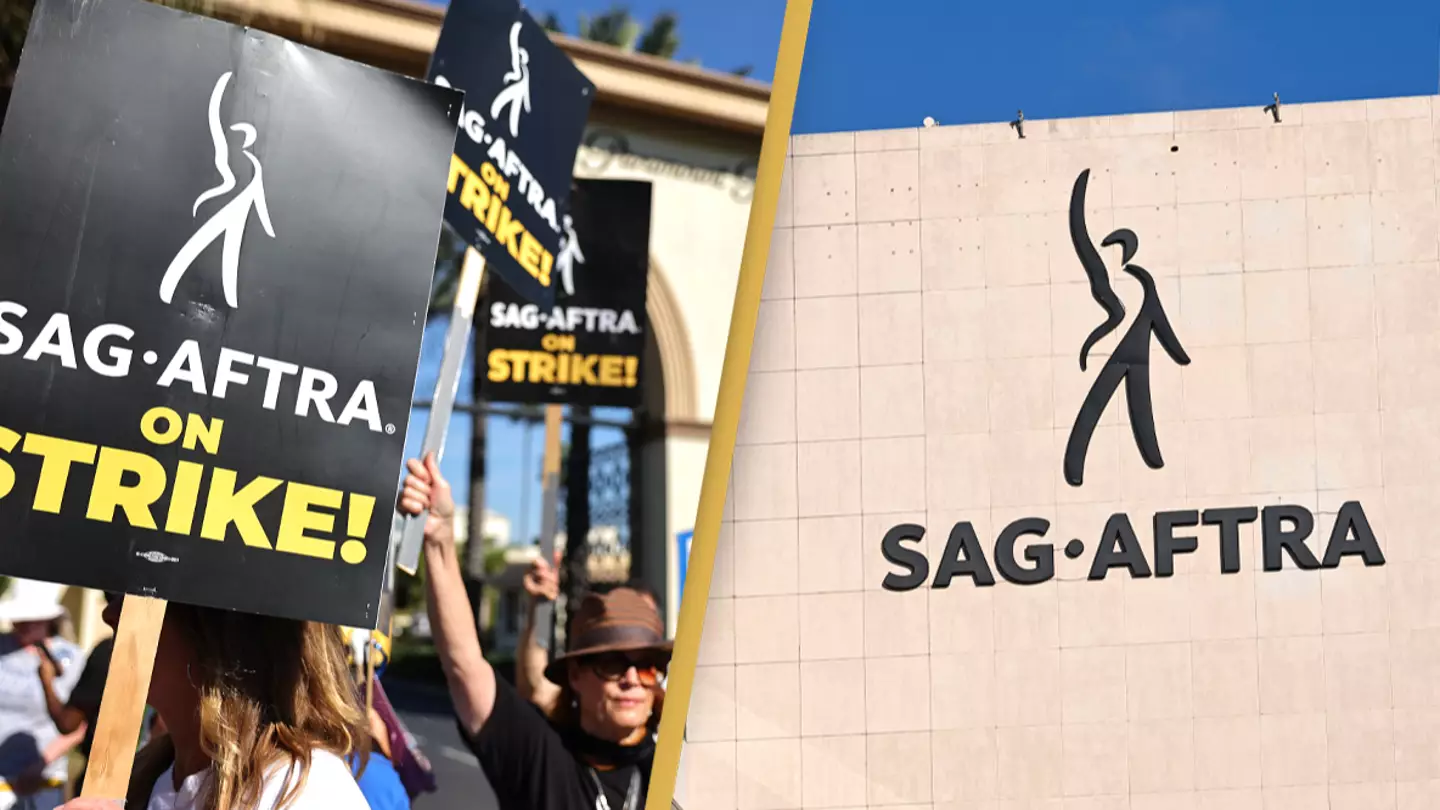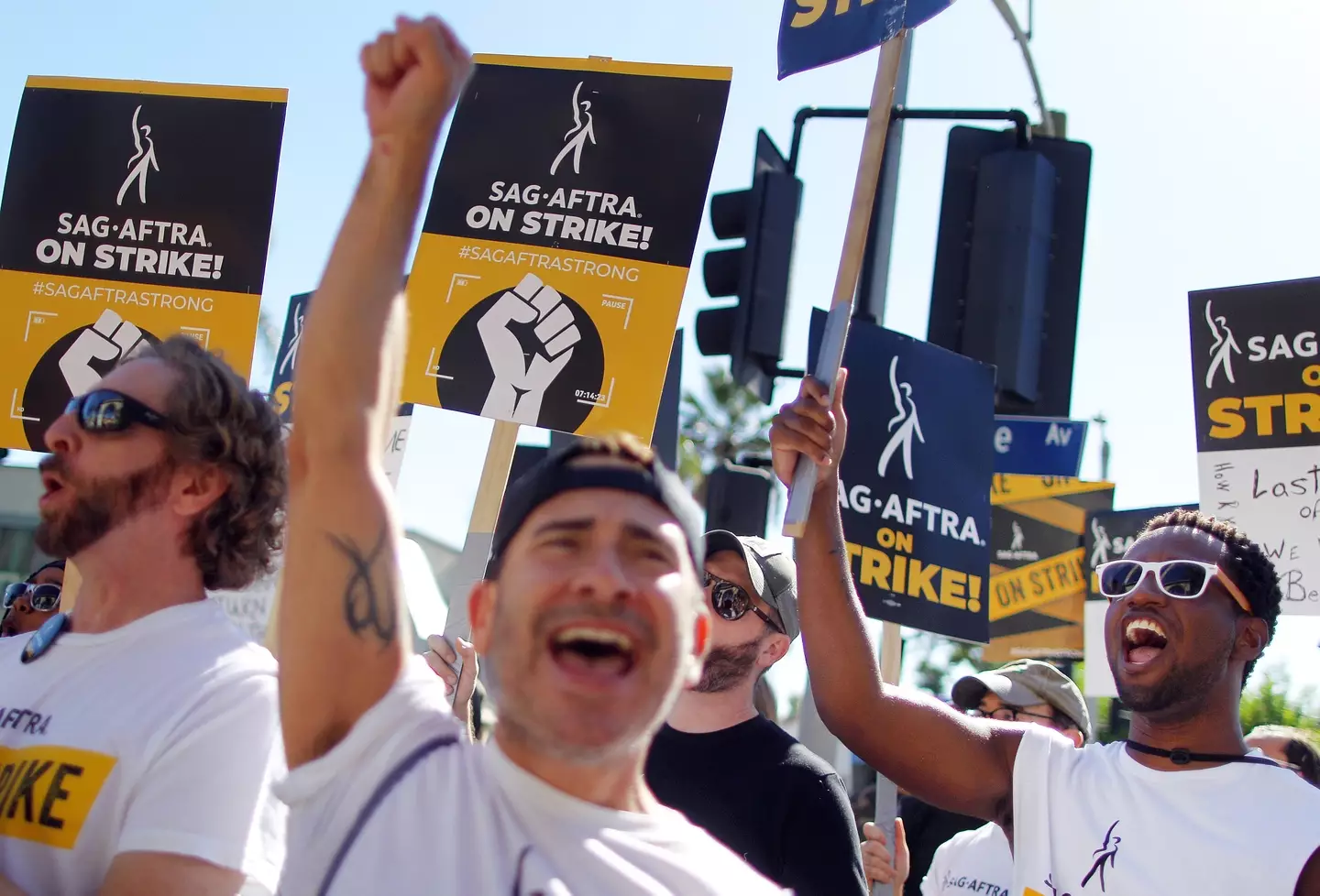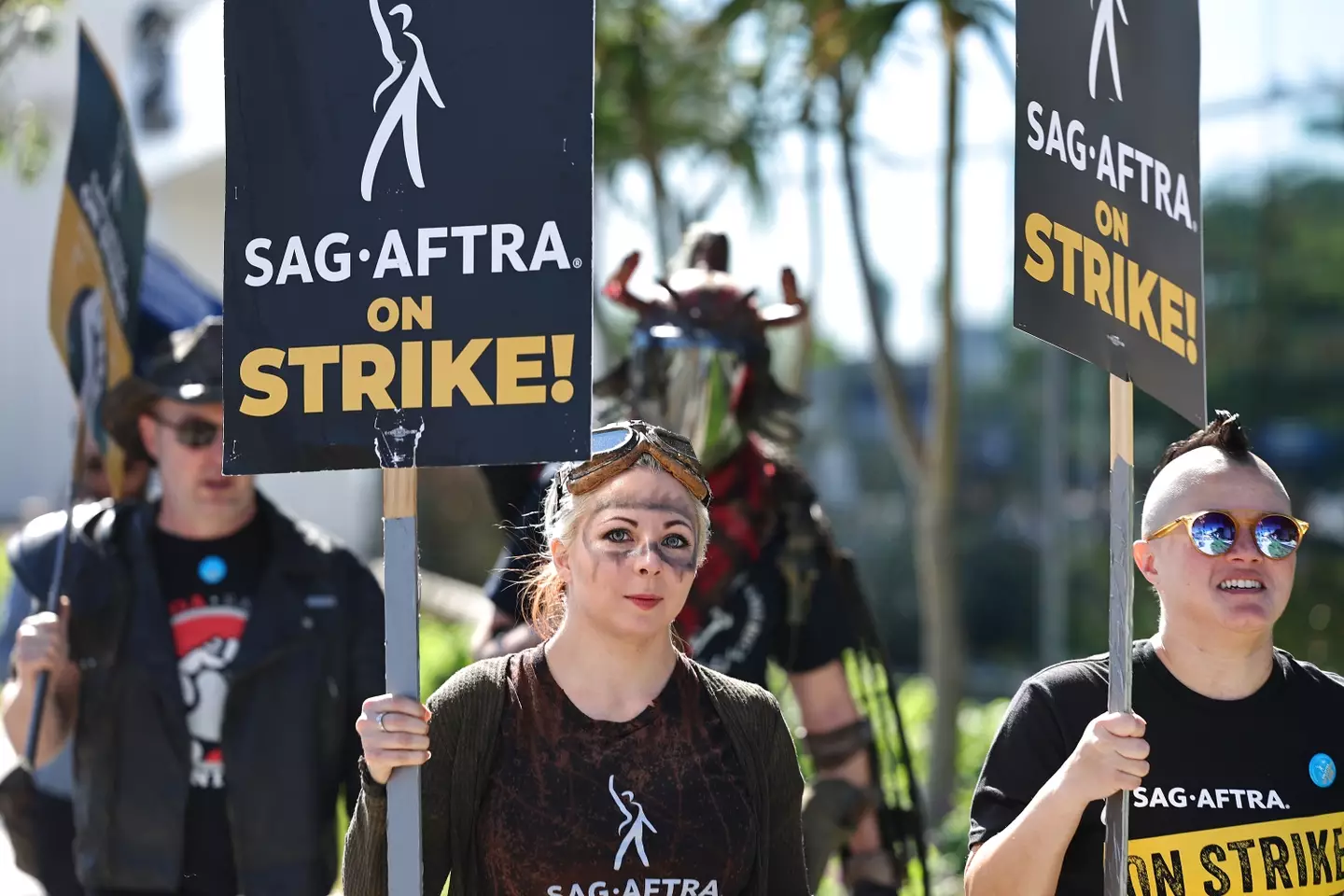
The Hollywood actors’ strike that brought the film industry to a standstill is set to end after a ‘tentative deal’ has been reached.
Screen Actors Guild (SAG) announced in the summertime that they were going on strike alongside the Writers Guild.
On July 13, SAG National Executive Director and Chief Negotiator, Duncan Crabtree-Ireland explained why actors were unhappy and what demands they had of studios.
“Because the AMPTP [Alliance of Motion Picture and Television Producers] remains unwilling to offer a fair deal on key issues essential to protecting the livelihoods of working actors and performers, SAG-AFTRA’s national board unanimously voted to issue a strike order against studios and streamers." he said.
The strike had a huge knock-on effect on the industry - with many shows and movies facing schedule changes upon the walk-out.
Advert
Among the many issues, one of the biggest was the use of artificial intelligence - as many within the industry feared they could be replaced or have their images used by studios.
However, on Wednesday (November 8) The SAG-AFTRA union and the Alliance of Motion Picture and TV Producers (AMPTP) announced that it had reached a ‘tentative agreement’ with the world's biggest studios.
In their statement, the union said: "We have arrived at a contract that will enable SAG-AFTRA members from every category to build sustainable careers.

Advert
"Many thousands of performers now and into the future will benefit from this work."
The AMPTP also said: "It gives Sag-Aftra the biggest contract-on-contract gains in the history of the union, including the largest increase in minimum wages in the last 40 years; a brand new residual for streaming programmes; extensive consent and compensation protections in the use of artificial intelligence; and sizeable contract increases on items across the board.
"The AMPTP is pleased to have reached a tentative agreement and looks forward to the industry resuming the work of telling great stories."
According to the union, the contract is estimated to be 'over $1 billion dollars' and will include 'above-pattern' minimum compensation increases, unprecedented provisions for consent and compensation that will protect members from the threat of AI, and for the first time establishes a streaming participation bonus'.
Advert

California's Governor Gavin Newsom also issued his own statement following the announcement that both strikes had now come to an end.
“For over 100 days, actors have been fighting for better wages and the health and pension benefits they deserve. This tentative agreement will benefit our economy statewide and kickstart a new wave of exciting projects,” it read.
“I am thankful that we can now get this iconic industry back to work, not only for our writers and actors, but also the more than two million workers who power our world-class entertainment sector.”
Advert
The strikes have been estimated to have cost the southern California economy more than $6.5 billion and over 45,000 entertainment industry jobs, according to Deadline.
Topics: Film and TV